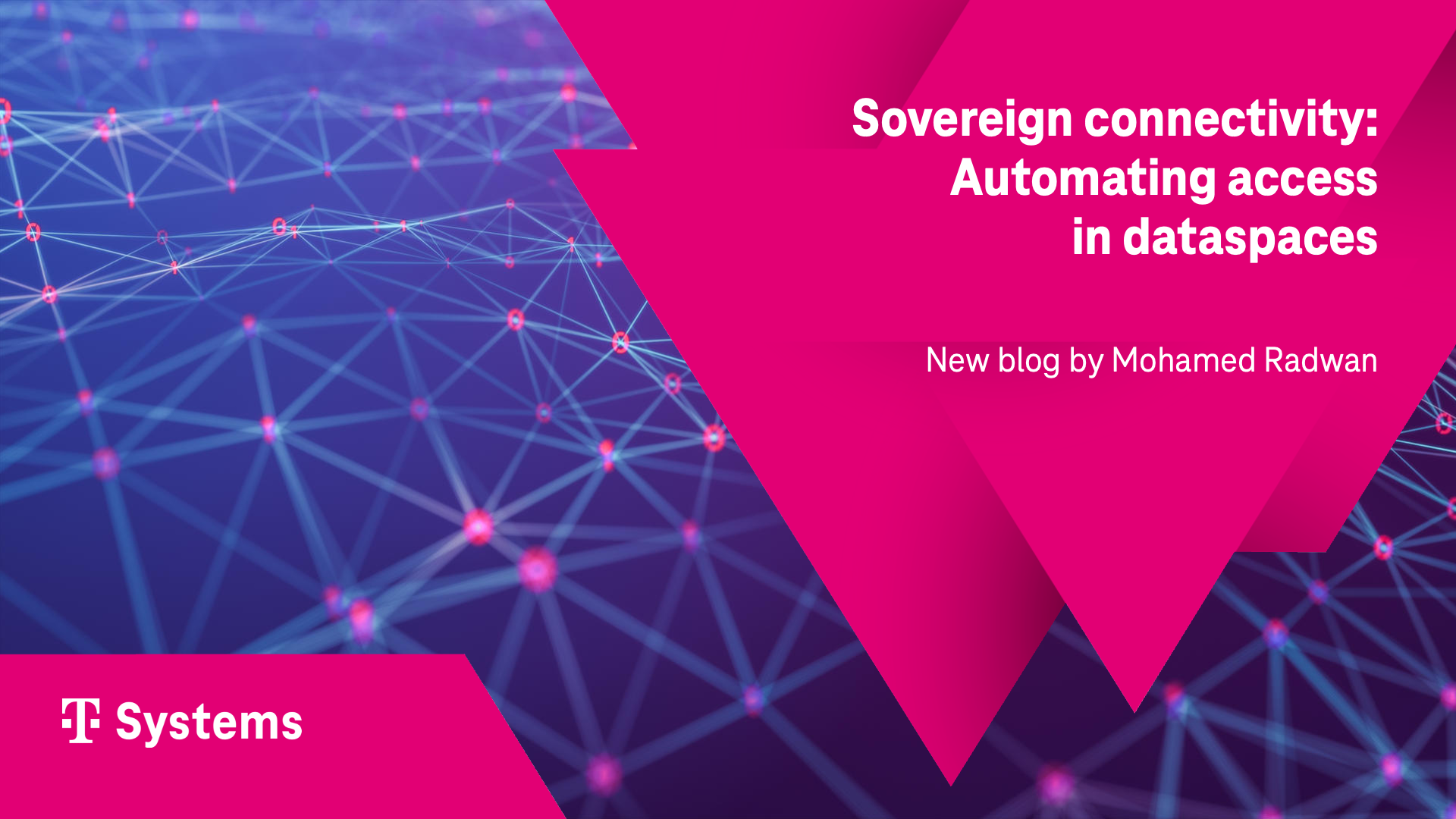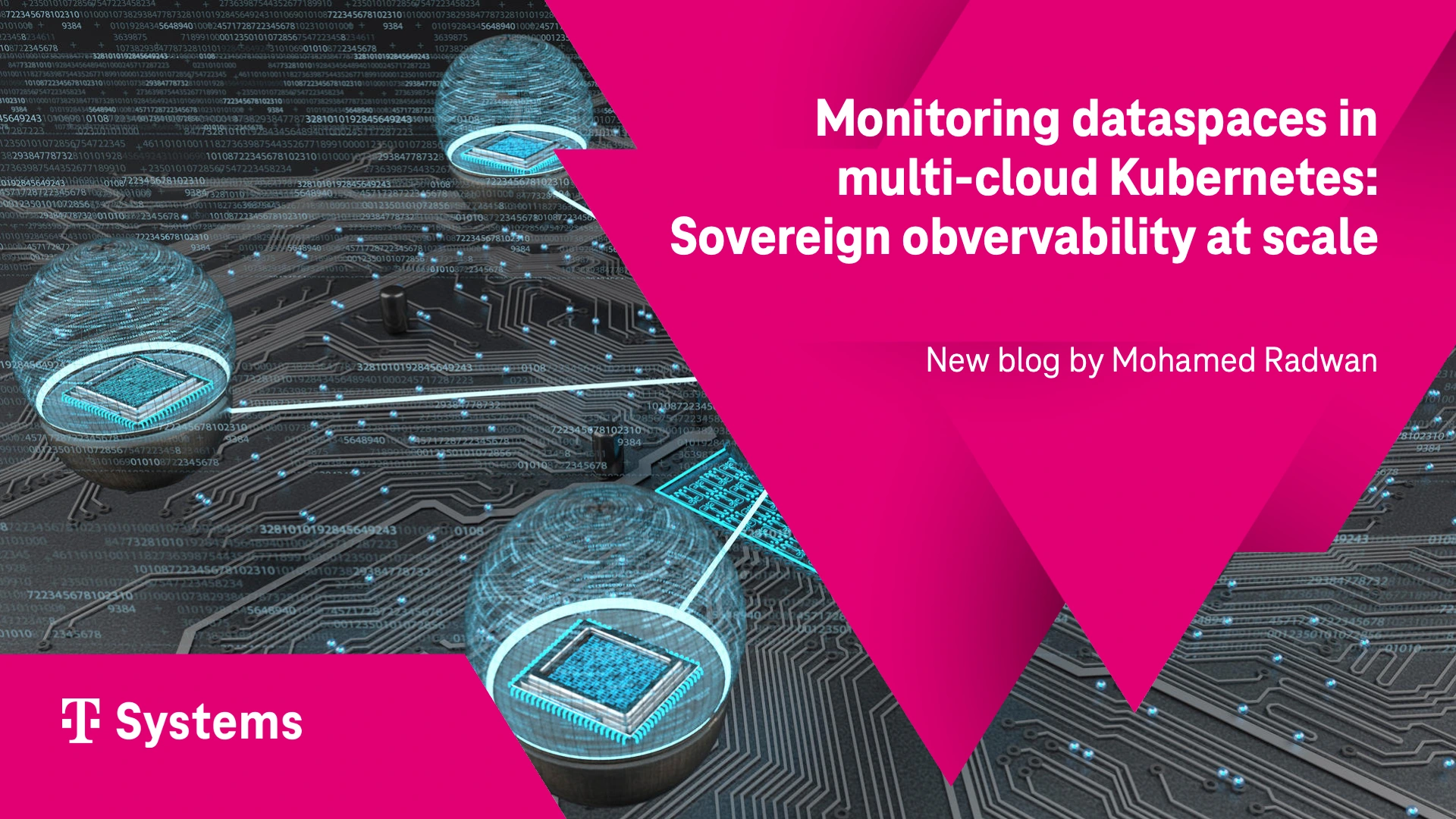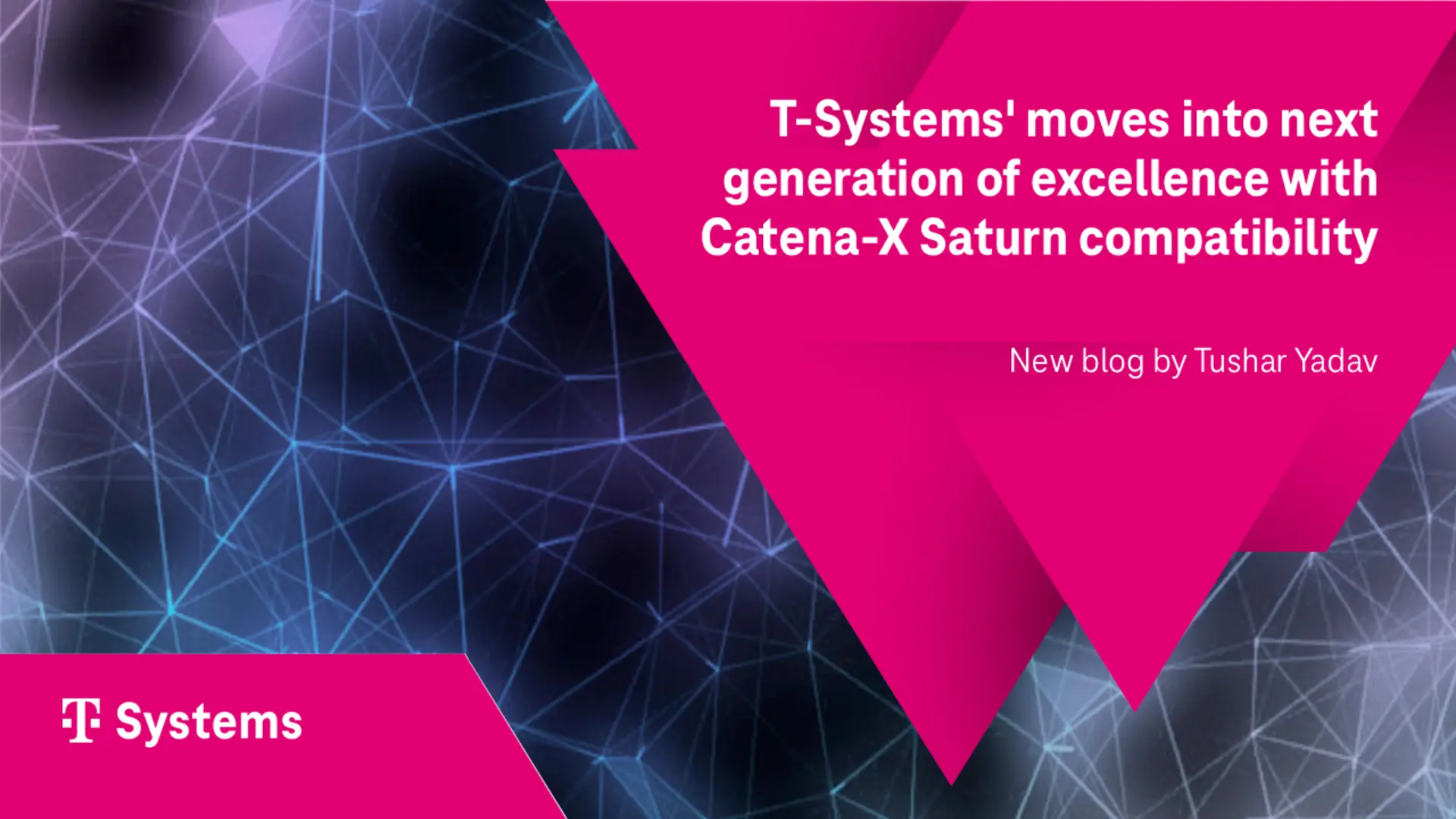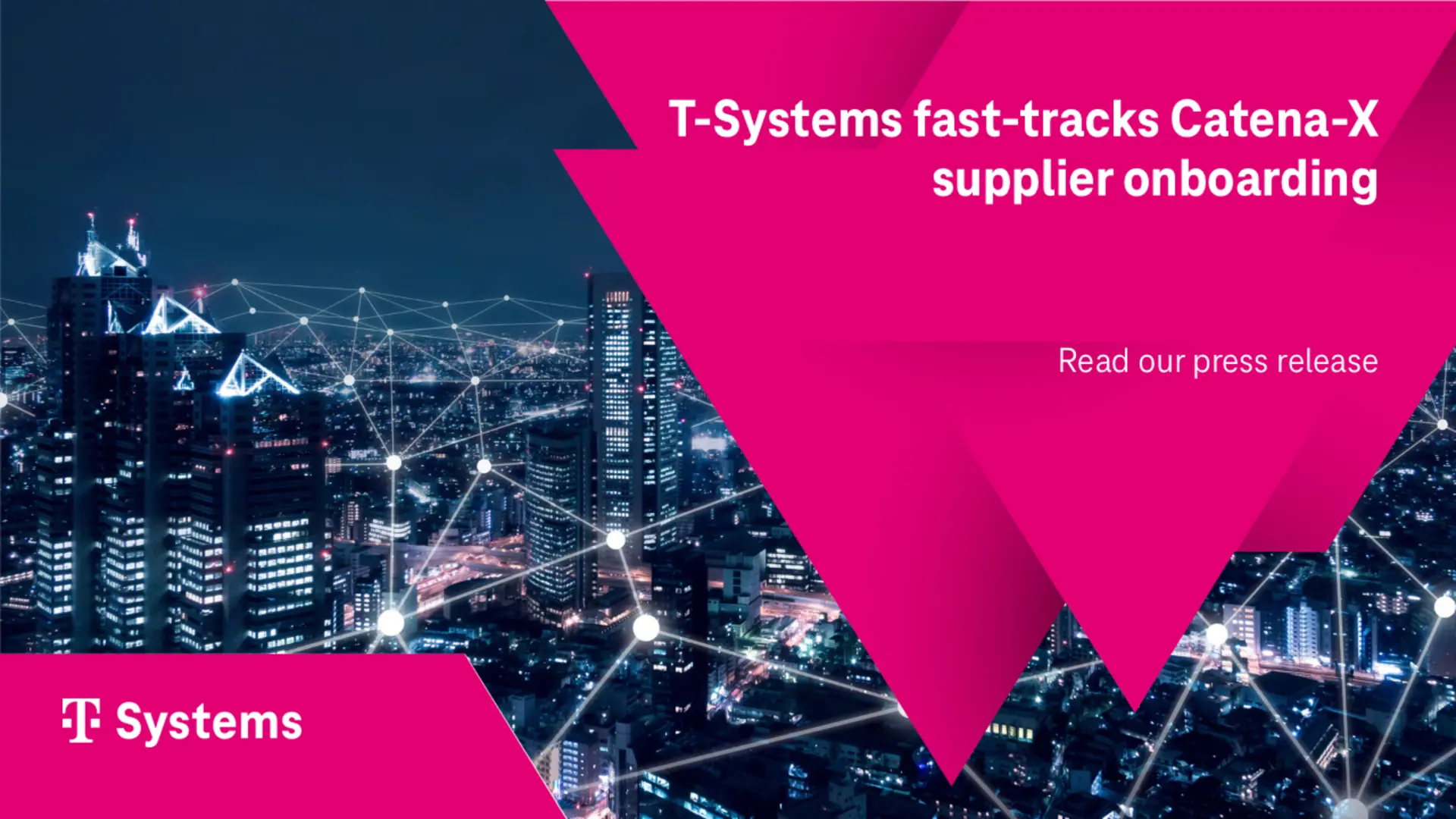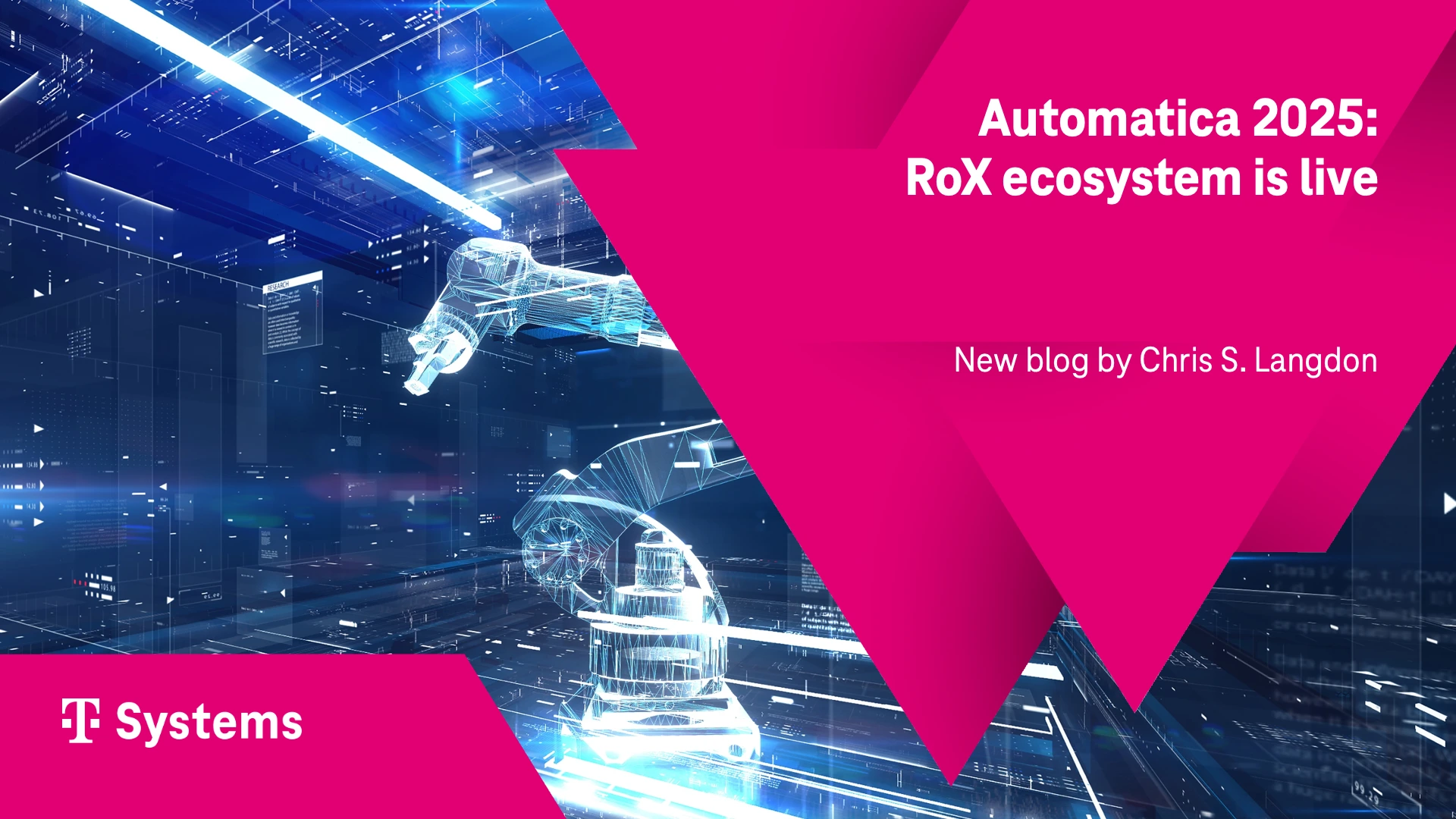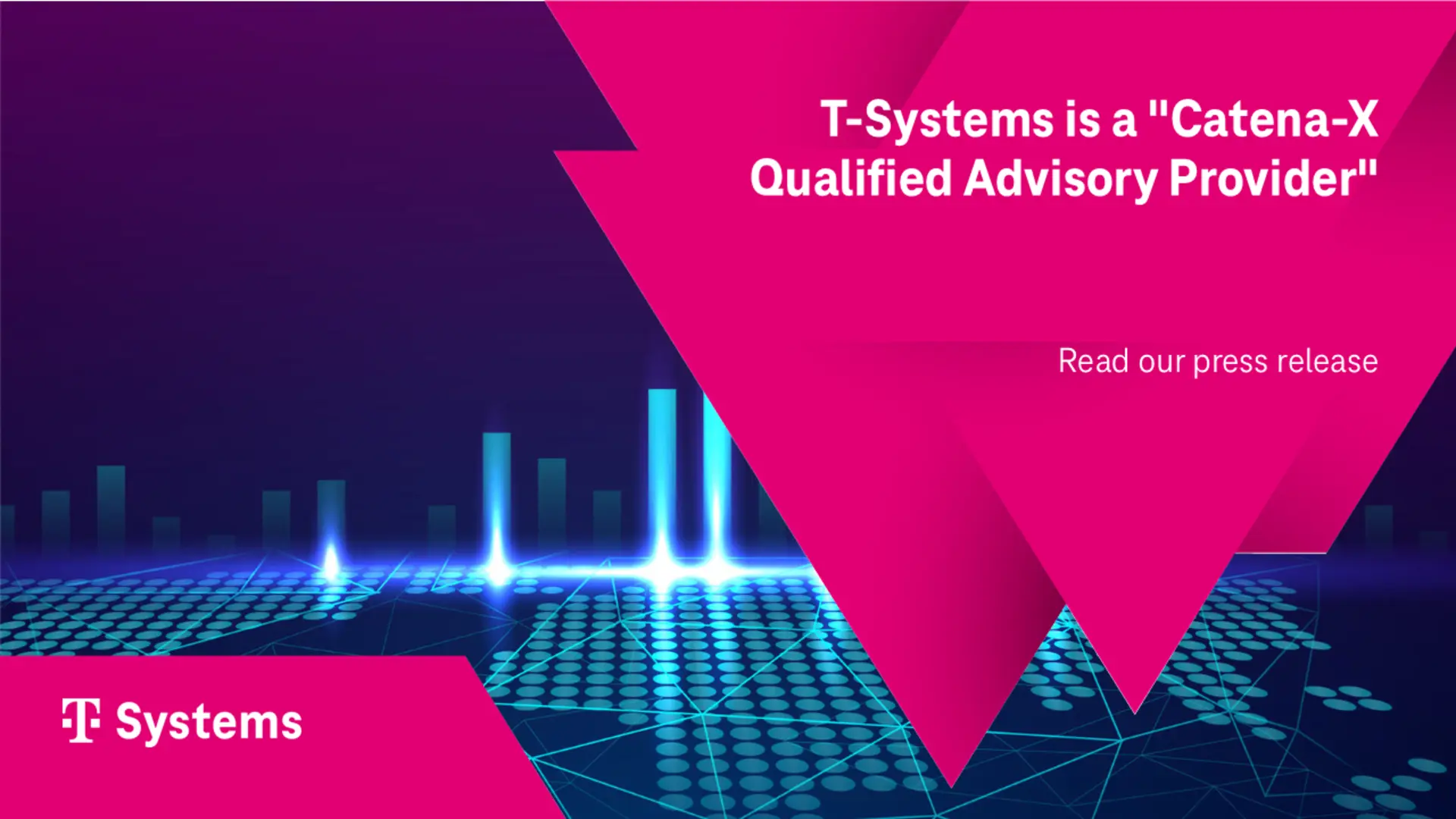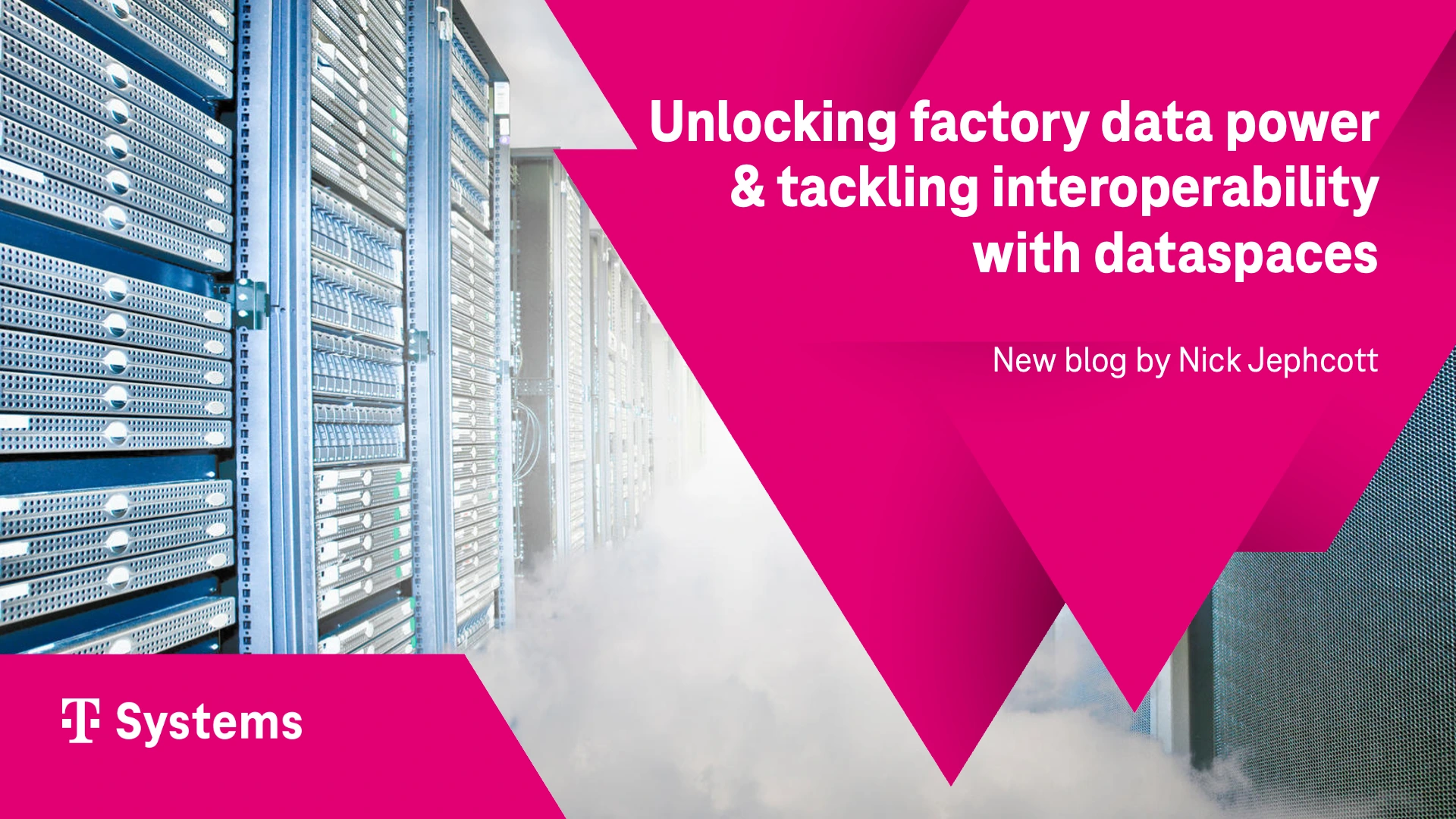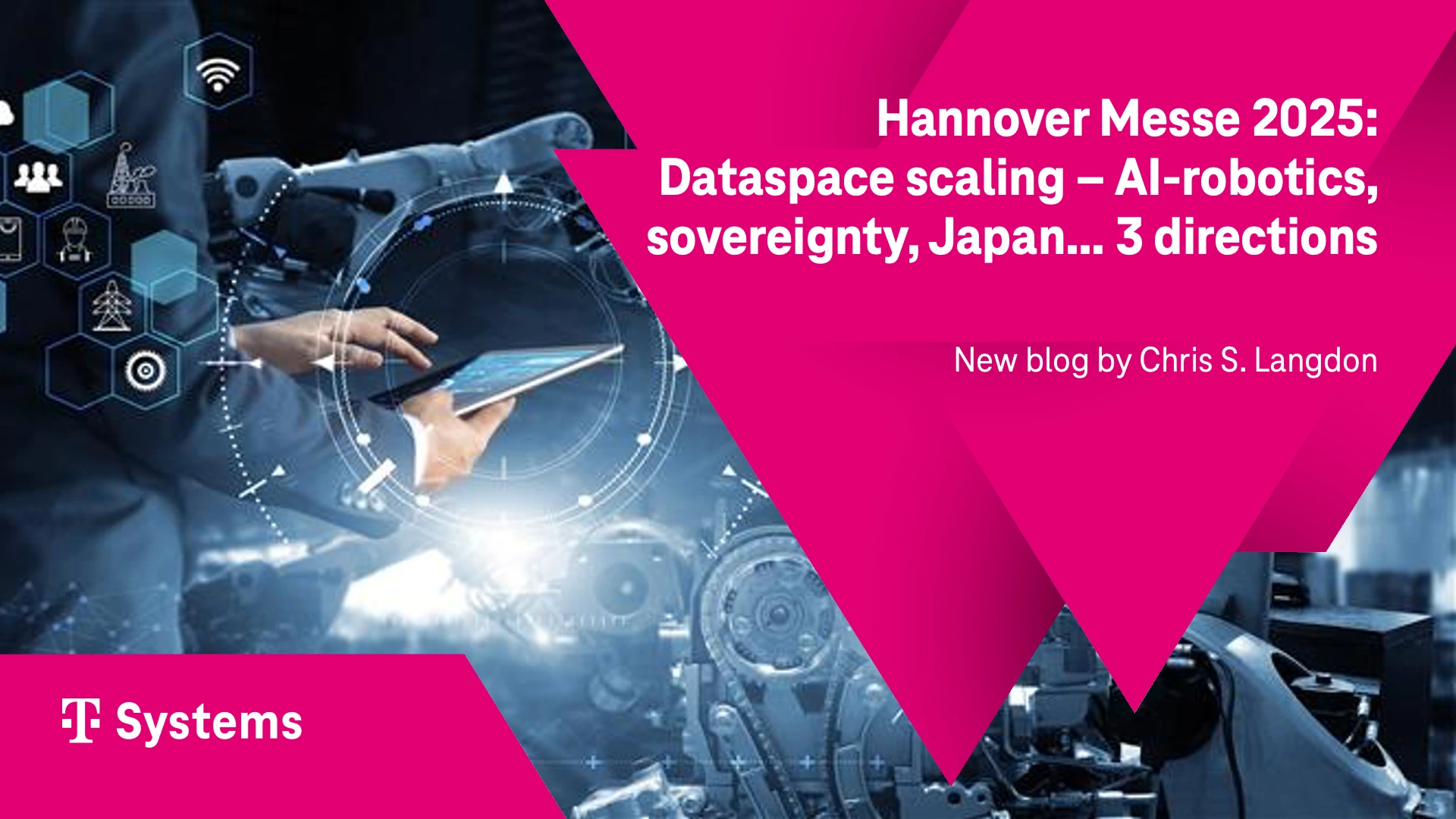When the Federal Ministry for Economic Affairs and Energy (BMWE) calls, everyone shows up. Its two-day conference “From Silos to Ecosystems – Creating Europe’s Digital Momentum” (5–6 Nov 2025) at the historic Radialsystem V in Berlin brought together leaders from politics, industry, and academia to discuss how Europe’s industry can catch up in the global AI race by leveraging its strength in industrial data through data ecosystems powered by dataspace technology.
Industrial or “physial” AI needs better data
Against the backdrop of the current AI boom, especially generative AI where the success of results directly depends on the relevance and quality of the training data, data ecosystems have become a key strategic lever. This is particularly true in industry, where high-value industrial data has so far been closely guarded out of concern for losing data rights and intellectual property. Dataspaces address this by enabling sovereign data sharing: data providers retain control over their rights while still contributing their data to shared value creation (Guggenberger et al. 2025).
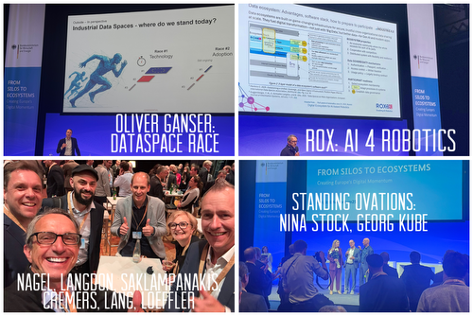
“Is your data ready for AI”1 … and data sharing?
Day 1 featured keynotes and panels on high-level strategic questions. A highlight was the keynote “Critical Reflection – Economic Impact of Data Spaces in Europe” by Oliver Ganser, Vice President at BMW and Chairman of the Board, Catena-X Association. His talk was highly entertaining and delivered a sharp message: In the global race for general-purpose, large foundation models such as OpenAI’s ChatGPT or Google’s Gemini, Europe is unlikely to catch up at scale. However, Europe currently leads in “industrial dataspaces”, the B2B “Internet for data” that enables secure, sovereign data sharing across value chains. Ganser’s core call to action was clear: Europe must not lose this lead, but instead accelerate adoption. Leadership for this transformation was addressed in a dedicated panel that included T-Systems’ Christian Hort, Senior Vice President Automotive & Manufacturing.
Day 2 shifted from strategy to practice with interactive workshops on concrete application areas such as Manufacturing-X, Industrial AI, and Cloud-Edge architectures. A particular highlight was the spotlight on 8ra, the Important Project of Common European Interest (IPCEI) focused on Cloud Infrastructure and Services (CIS) or the cloud edge continuum, presented by Deutsche Telekom’s Project Management Lead Lara Grohe together with Andreas Weiss, Managing Director of eco – Association of the Internet Industry.
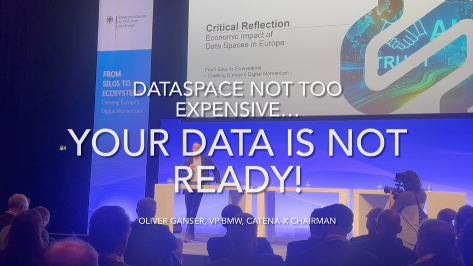
RoX accelerating shift from silos to ecosystems
The event also featured strong visibility for RoX, the digital ecosystem for AI-based robotics, with several RoX partners contributing on stage:
- Prof. Dr. Debora Clever (Principal Scientist, ABB; consortial company lead of RoX) and Dr. Peter Seggewiss (Senior Vice President New Technologies, Rheinmetall) joined the panel “From Silos to Ecosystems.”
- Thomas Hahn (Fellow, Siemens AG) contributed to the panel “Leadership and Responsibility: Who Will Turn Germany into a Digital Industrial Powerhouse?”
- Dr. Martin May (Director Technology, SCHUNK) spoke on the panel “How to Succeed in Operations?”
- In addition, the team from work package “Digital Ecosystem Robotics,” led by Telekom’s Prof. Dr. Chris Schlueter Langdon, contributed in Workshop 2, “Industrial AI in Decentralized Systems,” where RoX demonstrated that within its first year it was already able to present a first dataspace application prototype and initial data products. This effectively supported Oliver Ganser’s push for data readiness and further illustrated how ecosystems can rapidly promote growth by creating entirely new or “blue ocean” opportunities (Kim & Mauborgne 2004).
Next: Ecosystem scaling and globalization
Across both days, the event underscored that Europe’s digital momentum will come less from competing directly in generic foundation models and more from scaling industrial data ecosystems where Europe is already ahead, provided it now accelerates adoption.
A next step is to anchor data ecosystems in local clusters while expanding along supply chains.
Deep dive: Insights, lessons learned, business impact
- Dataspace-CEO-2-pager: What is … data ecosystem … dataspace?
- RoX 2024 launch in Berlin and at Duerr
- RoX at Automatica 2025: First three live demos, dataspace app and data products
1 It amplifies a theme raised by Davenport and Tiwari (2024), noting that many organizations eager to adopt generative AI still face significant challenges in preparing high-quality, AI-ready data, requiring urgent investment.
References
Davenport, T. H., and P. Tiwari. 2024. Is your company’s data ready for generative AI? Harvard Business Review (April), link
Guggenberger, T. M., C. Schlueter Langdon, and B. Otto. 2025. Data Spaces as Meta-Organisations. European Journal of Information Systems, January: 1–21, link
Kim, C., and R. Mauborgne. 2004. Blue Ocean Strategy. Harvard Business Review (October), link



